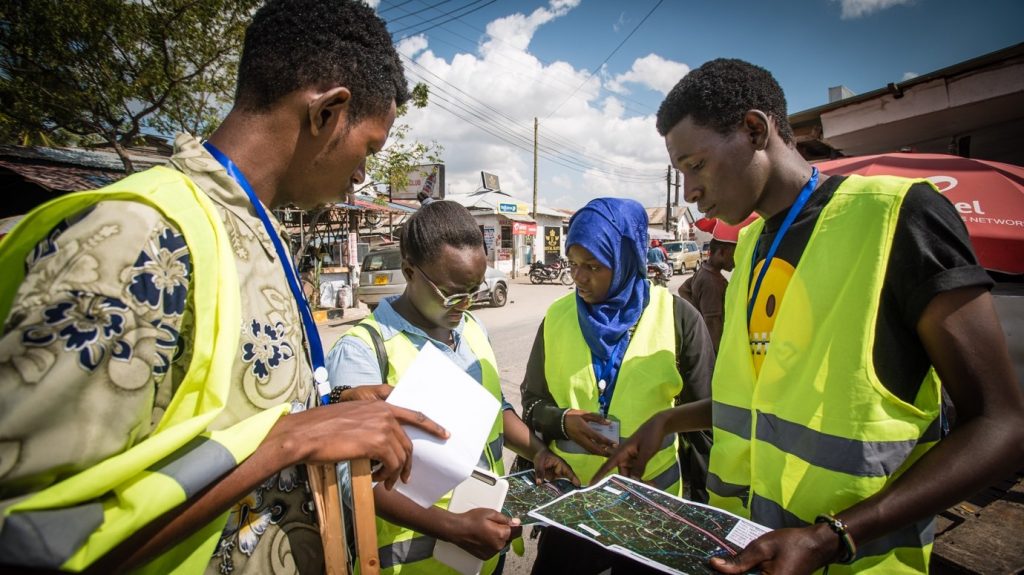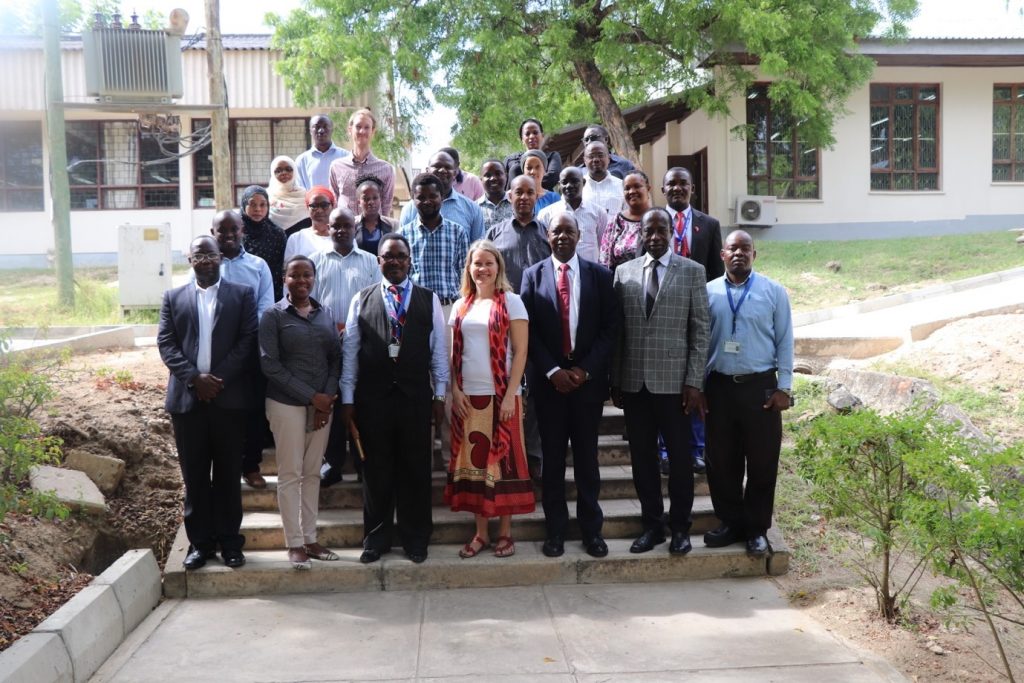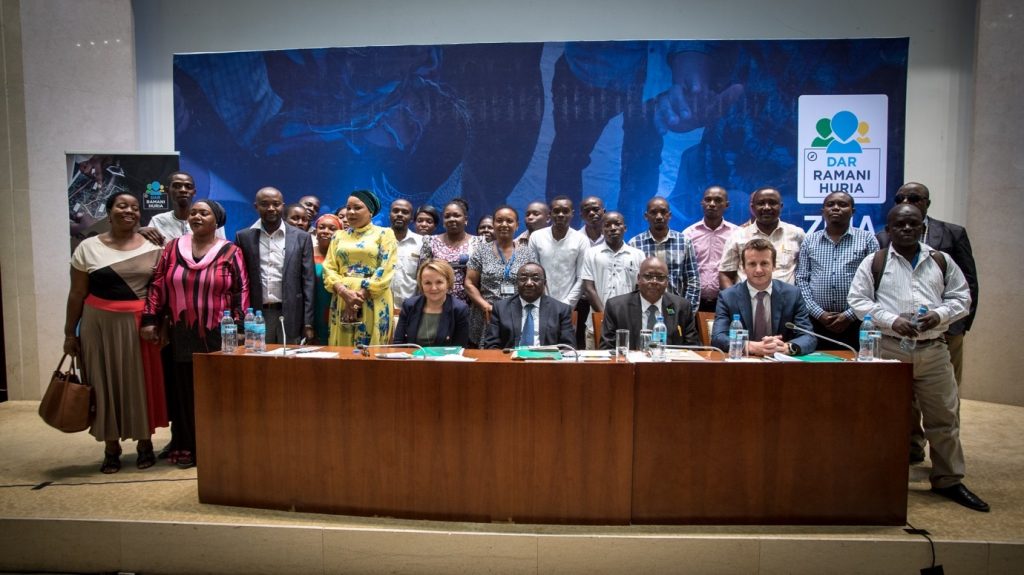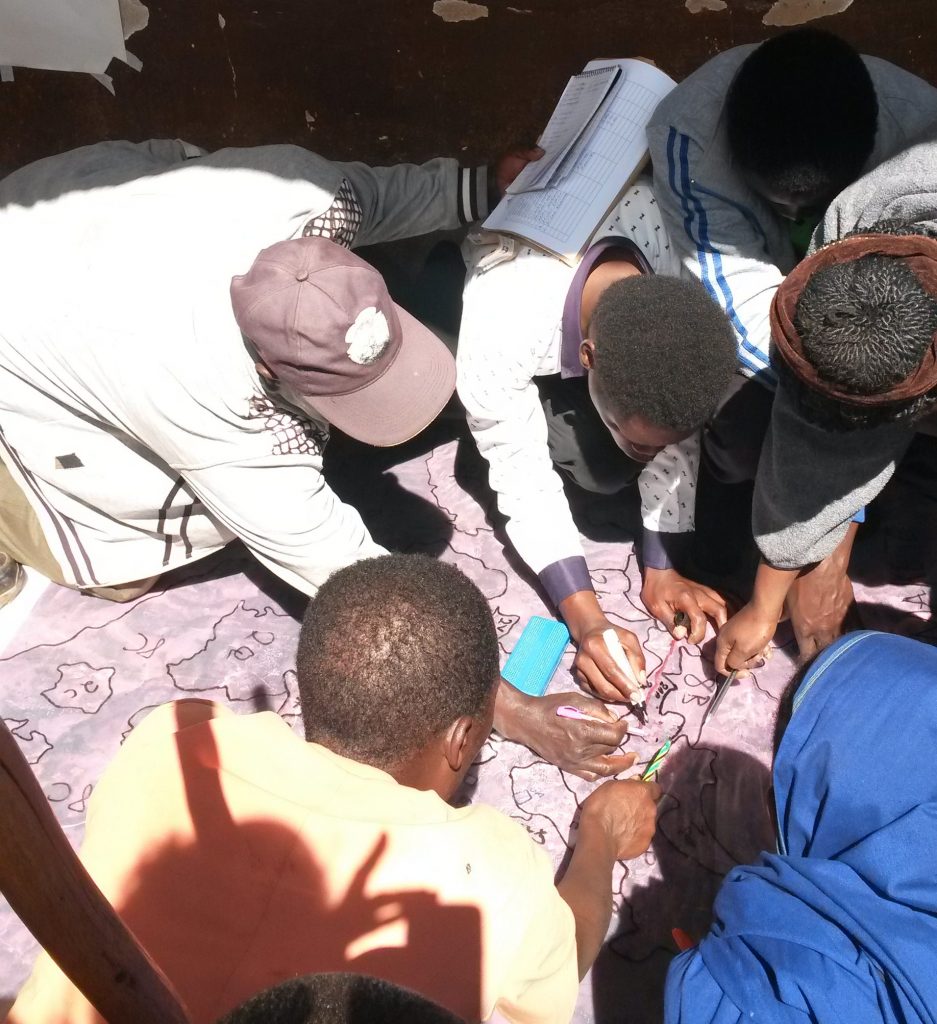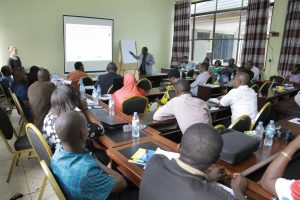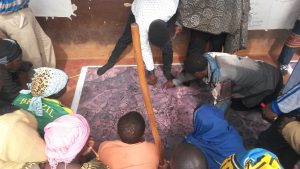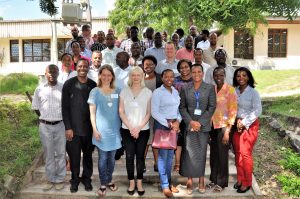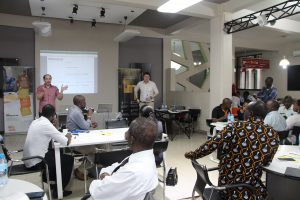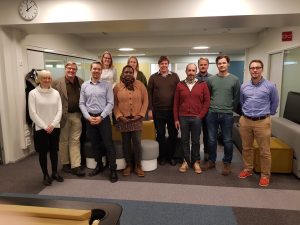The Launch of the Finland-Africa Platform for Sustainable Development Goal 9 (SDG9) (Innovation) was organized at the University of Turku between 26th and 27th of August 2019. The collaboration and the MoU (Memorandum of understanding) agreement between university of Turku and the United Nations Economic Commission of Africa (UNECA) is strengthening the role of Finland in meeting the UN SDGs especially in the field of Innovation.
The seminar included renowned speakers such as Li Anderson (Minister of Education of Finland), Jukka Kola (Rector of university of Turku), Minna Arve (Mayor of Turku) and Oliver Chinganya (Director at UNECA). The speakers highlighted the importance of boosting innovation activities in African countries as a part of meeting the SDG. Finland, with its long history and experience in education, research and development, can be an important partner in supporting this positive development.
The launch of the platform had purposely a wide perspective on the topic and collected participation form around Finland and internationally, especially from Africa. The development of the platform continues this autumn, which practically includes identification of organizations and planning of concrete actions.
Read more about the event (in Finnish) from the news of university of Turku.
In addition, visit the web page for the event.
